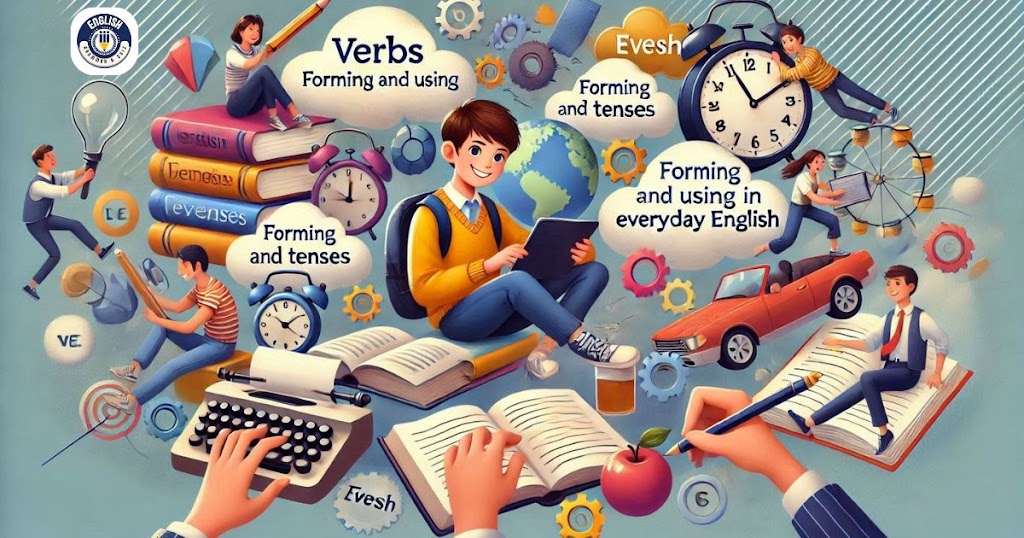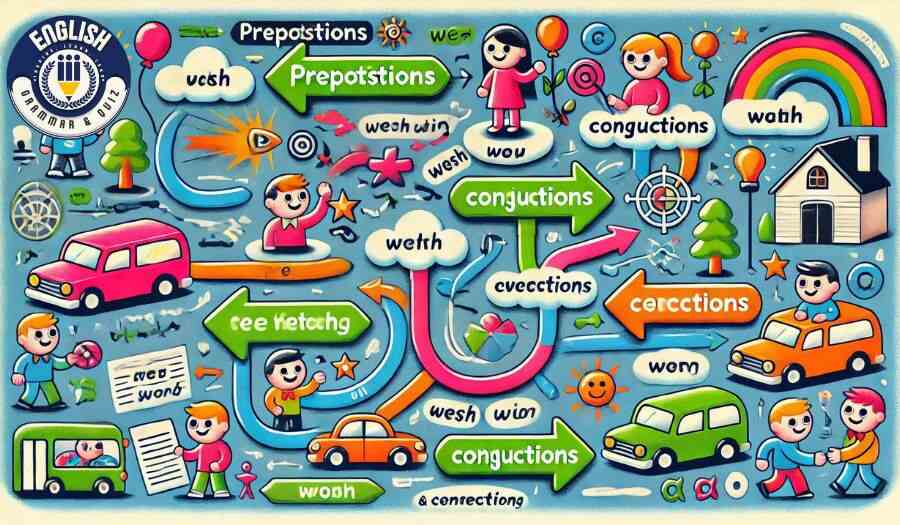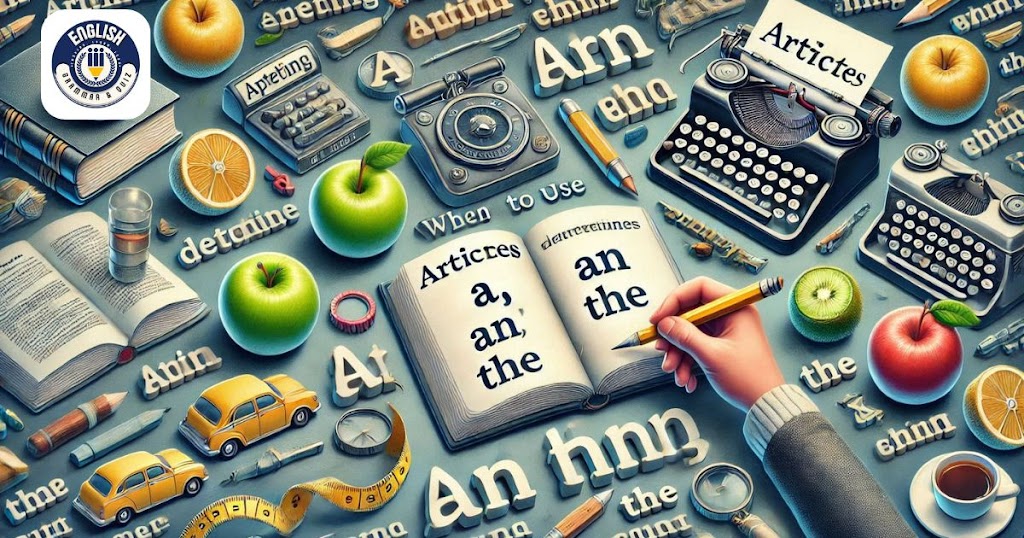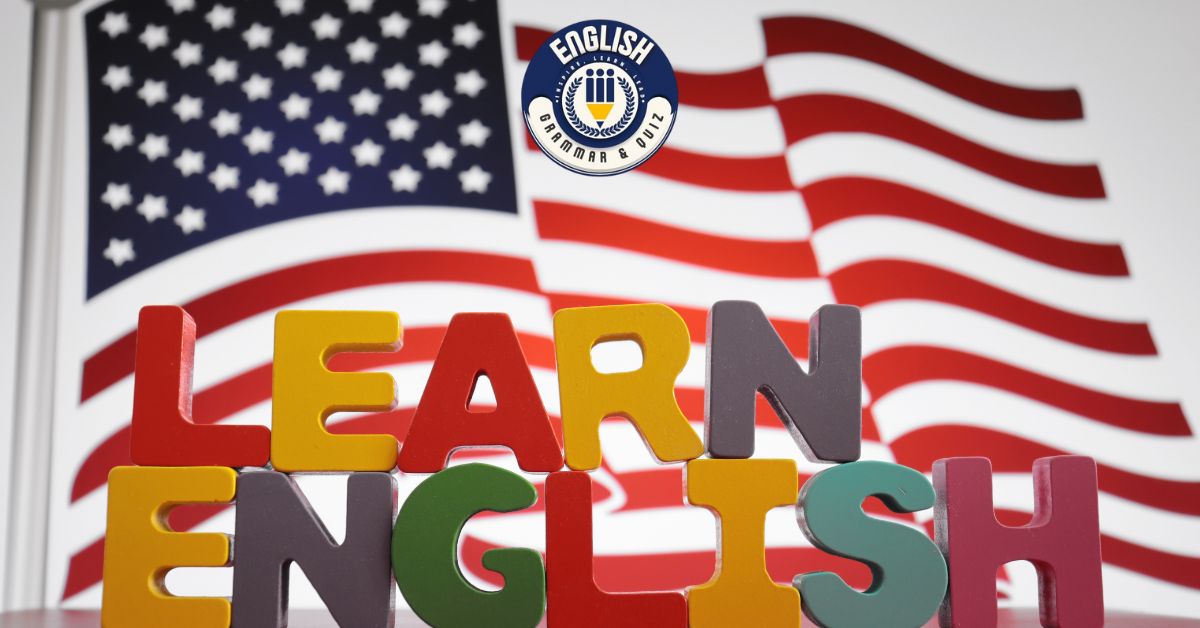Mastering verbs and tenses is essential for anyone who wants to communicate effectively in English. Verbs are the backbone of sentences, driving action, state, or condition, while tenses determine the time at which these actions occur. This comprehensive guide will help you understand how to form and use verbs and tenses in everyday English. Whether you’re a beginner or someone looking to refine your grammar, this blog is tailored to provide you with clear explanations, practical examples, and solutions to common doubts.
Introduction to Verbs and Tenses
The English language has a rich system of verbs and tenses that enables speakers to express actions, events, or states across different times. By understanding verbs and their tenses, you can accurately communicate whether something is happening now, happened before, or will happen in the future.
Imagine the importance of saying “I am eating” instead of “I eat” in the right context—it changes how your audience interprets your message. This blog explores verb forms, tenses, and how to use them naturally in everyday conversation.
What Are Verbs?
Verbs are words that describe actions, states, or occurrences. They are fundamental in constructing meaningful sentences. Without verbs, language would be static and lifeless.
Types of Verbs
- Action Verbs: Represent actions like “run,” “write,” or “dance.”
- Example: She runs every morning.
- State Verbs: Represent a condition or state like “know,” “believe,” or “seem.”
- Example: I believe in hard work.
- Helping Verbs: Assist the main verb in conveying meaning, such as “is,” “are,” “has,” “do,” or “will.”
- Example: She is writing a book.
What Are Tenses?
Tenses indicate the time of an action or event. They are categorized into three main groups:
- Present Tense: Actions happening now or regularly.
- Past Tense: Actions that have already happened.
- Future Tense: Actions that will happen later.
Each of these groups is further divided into four subcategories: Simple, Continuous, Perfect, and Perfect Continuous.
Understanding Verb Forms
Verb forms are essential for constructing sentences in different tenses. Verbs typically have five forms:
- Base Form: The basic verb (e.g., eat, go, play).
- Past Simple: Indicates a completed action in the past (e.g., ate, went, played).
- Past Participle: Used in perfect tenses (e.g., eaten, gone, played).
- Present Participle: Indicates ongoing action (-ing form) (e.g., eating, going, playing).
- Third Person Singular: The present-tense form for third-person singular subjects (e.g., eats, goes, plays).
Present Tense: Everyday Applications
1. Simple Present
Expresses habitual actions, general truths, or facts.
Example:
- I read books every day.
- Water boils at 100°C.
2. Present Continuous
Describes actions happening at the moment of speaking.
Example:
- She is studying for her exams.
- They are playing football right now.
3. Present Perfect
Indicates actions completed at an unspecified time in the past but with relevance to the present.
Example:
- I have visited Paris twice.
- She has completed her homework.
4. Present Perfect Continuous
Describes actions that began in the past and continue in the present.
Example:
- We have been waiting for hours.
- He has been practicing the guitar since morning.
Past Tense: Speaking About the Past
1. Simple Past
Used for completed actions in the past.
Example:
- I watched a movie yesterday.
- He finished his project last week.
2. Past Continuous
Describes ongoing actions at a specific point in the past.
Example:
- She was cooking when I arrived.
- They were discussing the issue all night.
3. Past Perfect
Indicates actions completed before another action in the past.
Example:
- I had finished dinner before they arrived.
- She had already left when I called her.
4. Past Perfect Continuous
Describes actions that were ongoing up to a certain point in the past.
Example:
- They had been working for hours before the storm hit.
- She had been practicing for months before the competition.
Future Tense: Planning Ahead
1. Simple Future
Used for actions that will happen in the future.
Example:
- I will visit my grandparents next week.
- She will start her new job tomorrow.
2. Future Continuous
Describes ongoing actions at a specific point in the future.
Example:
- I will be waiting for you at 5 PM.
- They will be studying all evening.
3. Future Perfect
Indicates actions that will be completed before a certain point in the future.
Example:
- She will have finished her report by Friday.
- He will have left by the time you arrive.
4. Future Perfect Continuous
Describes actions that will continue up until a specific point in the future.
Example:
- I will have been working for 10 years next month.
- They will have been traveling for hours before reaching their destination.
Common Mistakes to Avoid
-
Mixing Tenses: Be consistent with tenses within a sentence.
- Incorrect: She is reading a book when he called her.
- Correct: She was reading a book when he called her.
-
Forgetting Subject-Verb Agreement: Match singular/plural verbs to their subjects.
- Incorrect: He do his homework daily.
- Correct: He does his homework daily.
-
Confusion Between Perfect and Continuous Tenses: Know the context of completion vs. ongoing action.
FAQs About Verbs and Tenses
Q1: How do I choose the right tense for a sentence?
Consider the time frame of the action: present, past, or future. Then decide whether the action is simple, ongoing, or completed.
Q2: What are irregular verbs, and how do they affect tenses?
Irregular verbs don’t follow the standard rule of adding -ed for past tense. Examples include “go → went” and “eat → ate.”
Q3: Can I mix tenses in a single paragraph?
Yes, if the actions occur in different time frames. For example: “I was cooking when she arrived, but now I am relaxing.”
Quiz: Test Your Knowledge of Verbs and Tenses
Question 1: Identify the correct tense.
She has been studying since morning.
A. Present Continuous
B. Present Perfect Continuous
C. Simple Present
Answer: B. Present Perfect Continuous
Question 2: Fill in the blank.
They ___ to the party tomorrow.
A. went
B. are going
C. will go
Answer: C. will go
Question 3: Spot the error.
He have finished his assignment.
Correct Answer: He has finished his assignment.
Question 4: Identify the tense.
I was reading a book when the phone rang.
Answer: Past Continuous
Question 5: Fill in the blank.
By this time next year, I ___ in this company for 5 years.
A. will be working
B. will have worked
C. will have been working
Answer: C. will have been working
Conclusion
Understanding and mastering verbs and tenses is a crucial part of improving your English grammar. With consistent practice and careful observation, you can use them effectively in daily communication. Remember, grammar mistakes are part of learning, so don’t hesitate to keep practicing!







